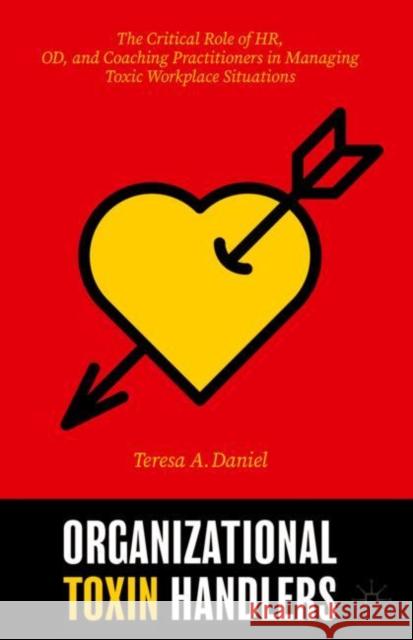Organizational Toxin Handlers: The Critical Role of Hr, Od, and Coaching Practitioners in Managing Toxic Workplace Situations » książka
topmenu
Organizational Toxin Handlers: The Critical Role of Hr, Od, and Coaching Practitioners in Managing Toxic Workplace Situations
ISBN-13: 9783030516840 / Angielski / Twarda / 2020 / 180 str.
Organizational Toxin Handlers: The Critical Role of Hr, Od, and Coaching Practitioners in Managing Toxic Workplace Situations
ISBN-13: 9783030516840 / Angielski / Twarda / 2020 / 180 str.
cena 161,36
(netto: 153,68 VAT: 5%)
Najniższa cena z 30 dni: 154,18
(netto: 153,68 VAT: 5%)
Najniższa cena z 30 dni: 154,18
Termin realizacji zamówienia:
ok. 22 dni roboczych
Bez gwarancji dostawy przed świętami
ok. 22 dni roboczych
Bez gwarancji dostawy przed świętami
Darmowa dostawa!
Kategorie:
Kategorie BISAC:
Wydawca:
Springer Nature Switzerland AG
Język:
Angielski
ISBN-13:
9783030516840
Rok wydania:
2020
Wydanie:
2020
Ilość stron:
180
Waga:
0.45 kg
Wymiary:
24.13 x 19.3 x 1.52
Oprawa:
Twarda
Wolumenów:
01
Dodatkowe informacje:
Bibliografia











